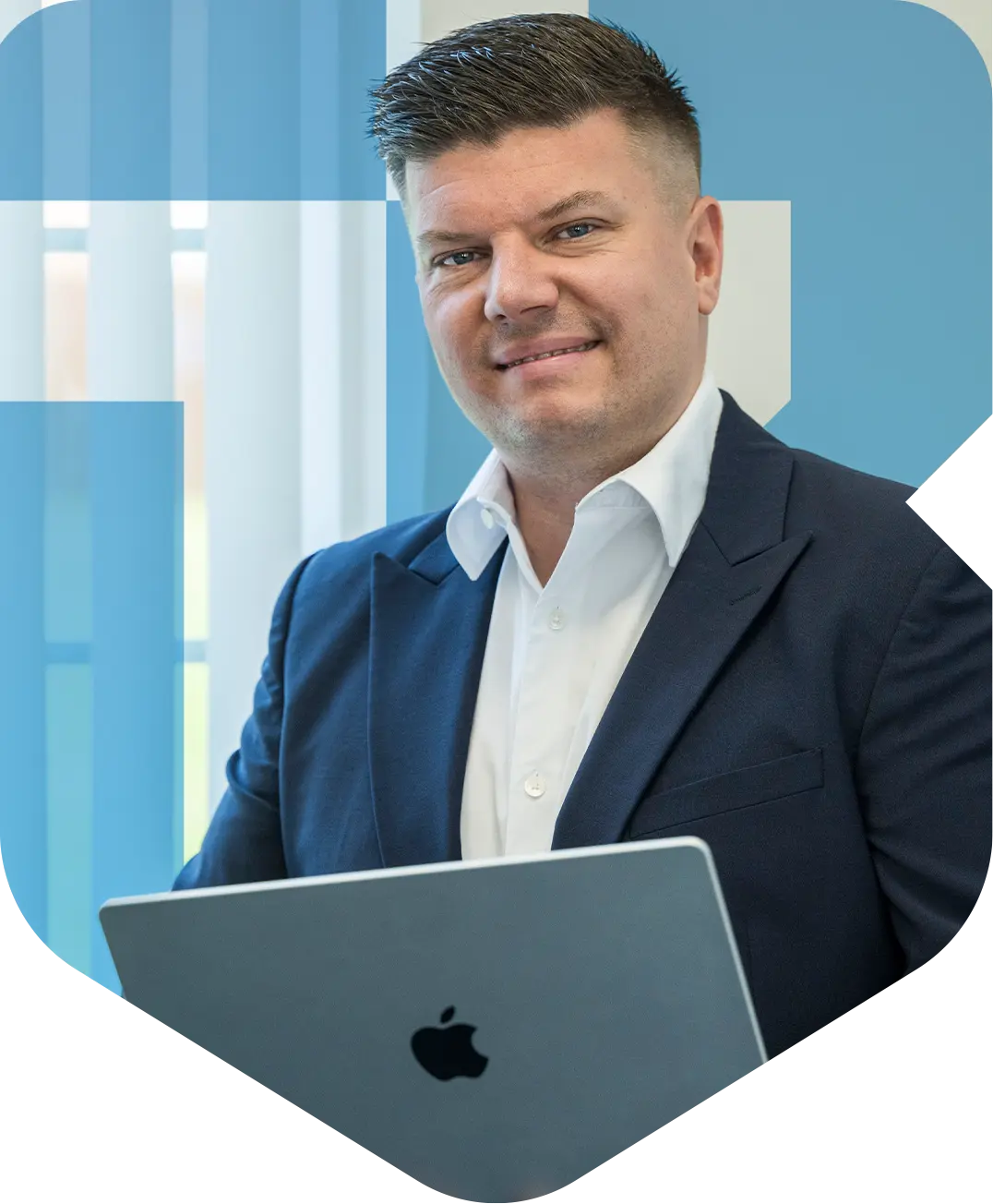Create a human firewall
In the gleaming offices of London’s financial district, a partner at a prestigious law firm receives an urgent email from what appears to be their managing director. The message requests immediate transfer of confidential client files for a “time-sensitive merger.” Within minutes, decades of client trust and regulatory compliance hang in the balance, all because someone fell for a carefully crafted deception.
This scenario plays out countless times across Britain’s professional services industry creating a security vulnerability. While accounting firms and legal practices invest heavily in firewalls, encryption, and cutting-edge security software, they often overlook their most critical vulnerability: their people. It’s much easier to hack the human than the technology.
The Human Factor in Professional Services – Hacking the Human
Your employees are simultaneously your greatest asset and your most significant security risk. In professional services, this paradox is particularly acute. The very qualities that make accountants and lawyers exceptional is trust, responsiveness, and client focus and these are precisely what cybercriminals exploit.
Consider the unique challenges facing professional services
Privileged Access to Sensitive Data
From financial records to legal documents, professional services firms handle extraordinarily sensitive information. A single compromised account can expose client confidentiality, regulatory violations, and devastating financial losses.
High-Pressure Environments– Security vulnerability
Tight deadlines and demanding clients create conditions where employees may bypass security protocols in favour of speed and efficiency. A rushed decision to click a suspicious link or share credentials can have catastrophic consequences.
Trust-Based Relationships
The professional services sector operates on trust with clients, partners, and colleagues. Cybercriminals weaponise this trust, crafting sophisticated social engineering attacks that exploit professional relationships.
The Anatomy of Modern Social Engineering
Cybercriminals have evolved far beyond the crude “inheritance money or HMRC rebate” emails of the past. They conduct meticulous research, studying your firm’s structure, recent transactions, and key personnel through social media, company websites, and public records.
A typical attack might unfold like this
A cybercriminal identifies a senior partner at an accounting firm, researches their recent travel schedule through LinkedIn posts, and crafts an email appearing to come from that partner while they’re abroad. The email requests urgent wire transfers or sensitive client information, exploiting the firm’s hierarchical structure and time-sensitive nature of financial work.
These attacks succeed because they exploit human psychology rather than technological weaknesses. They leverage authority (appearing to come from senior staff), urgency (creating time pressure), and social proof (mimicking legitimate business communications).
The Cost of Compromise
For professional services firms, the consequences of successful social engineering attacks extend far beyond immediate financial losses.
Regulatory Sanctions
Accounting firms face severe penalties from regulating bodies like the Financial Reporting Council, while legal practices risk sanctions from the Solicitors Regulation Authority. Data breaches can result in substantial fines and practice restrictions.
Client Defection
Professional services relationships are built on trust and confidentiality. A single breach can destroy client relationships built over decades, with consequences rippling through referral networks and reputation.
Professional Liability
Beyond direct losses, firms face significant professional indemnity claims, increased insurance premiums, and potential personal liability for partners.
Operational Disruption
Recovery from sophisticated attacks can paralyse operations for weeks or months, affecting client service delivery and financial performance.
How to address the problem
- Building Human-Centred Security
Recognising that your people are both your greatest asset and risk requires a fundamental shift in cybersecurity strategy. Rather than viewing employees as security weaknesses to be controlled, progressive firms are allowing their staff to become active defenders.
- Security Awareness Training
Regular, engaging training programmes help employees recognise and respond to social engineering attempts. This isn’t about annual compliance tick-boxes but ongoing education that evolves with emerging threats.
- Simulated Phishing Exercises
Controlled phishing simulations provide safe environments for employees to practice identifying suspicious communications. These exercises should be learning opportunities, not gotcha moments, fostering a culture of security awareness rather than fear.
- Clear Reporting Mechanisms
Employees need simple, blame-free ways to report suspected security incidents. Quick reporting can prevent minor incidents from becoming major breaches.
- Regular Security Updates
Keep staff informed about emerging threats specific to professional services, from fake court documents to fraudulent HMRC communications.
Finding a solution
The most successful professional services firms recognise that cybersecurity is not solely an IT issue but a business-wide responsibility. They invest in their people, providing the training and tools necessary to identify and respond to sophisticated social engineering attacks.
This investment pays dividends beyond security. Employees who understand cybersecurity principles become more thoughtful about information handling, more cautious about communications, and more valuable to clients who increasingly prioritise data protection.
What we offer
- Tailored Security Awareness Training: Programmes designed specifically for professional services environments, addressing real-world scenarios your employees encounter
- Sophisticated Simulation Environments: Realistic phishing and social engineering simulations that test your team’s readiness without disrupting operations
- Ongoing Support and Monitoring: Continuous assessment and improvement of your human-centred security posture
- Regulatory Compliance Guidance: Ensuring your security measures meet the stringent requirements of professional services regulation
Your people are your greatest asset. Let us help you ensure they’re also your strongest defence against the evolving landscape of cyber threats.

